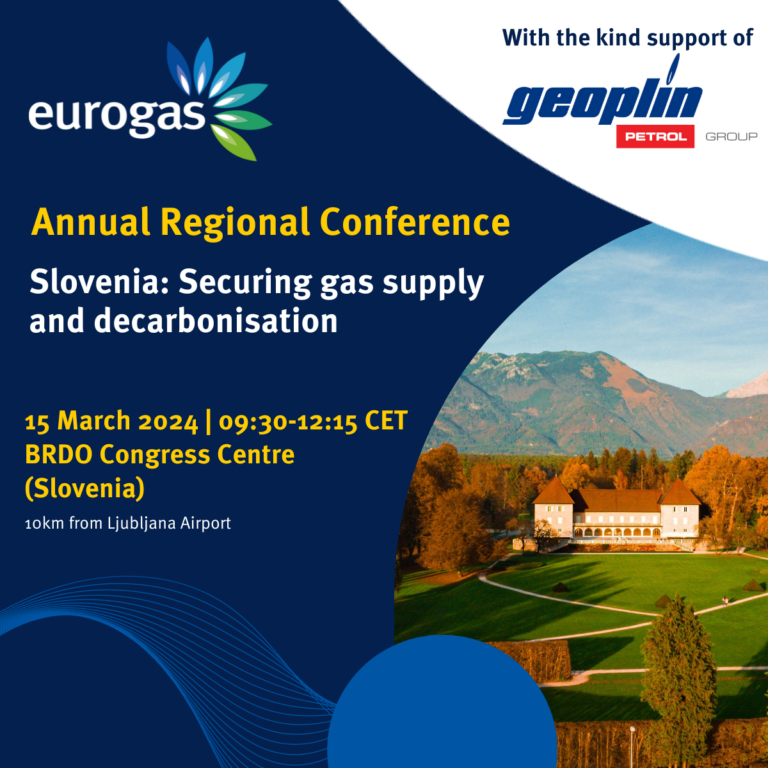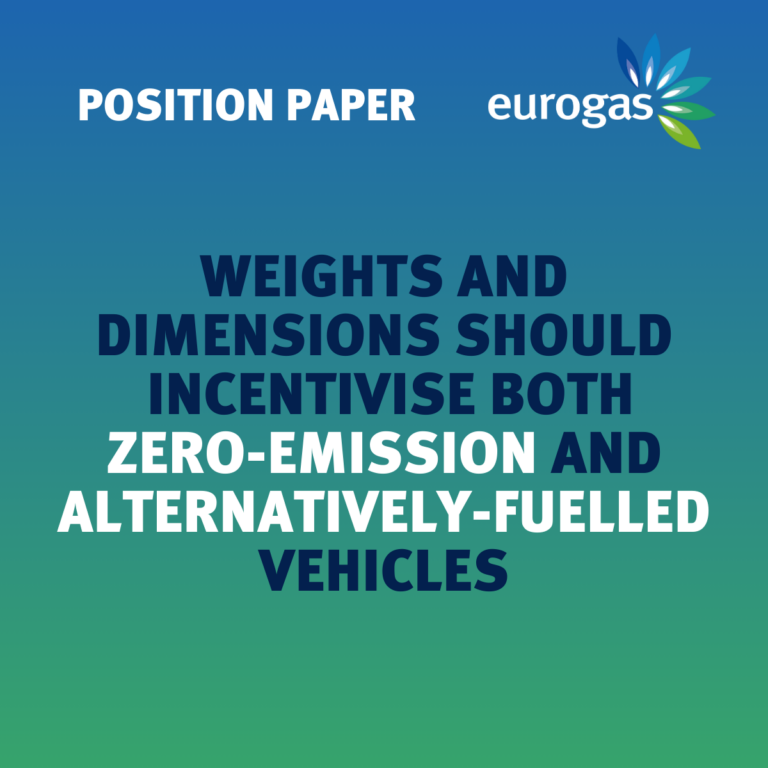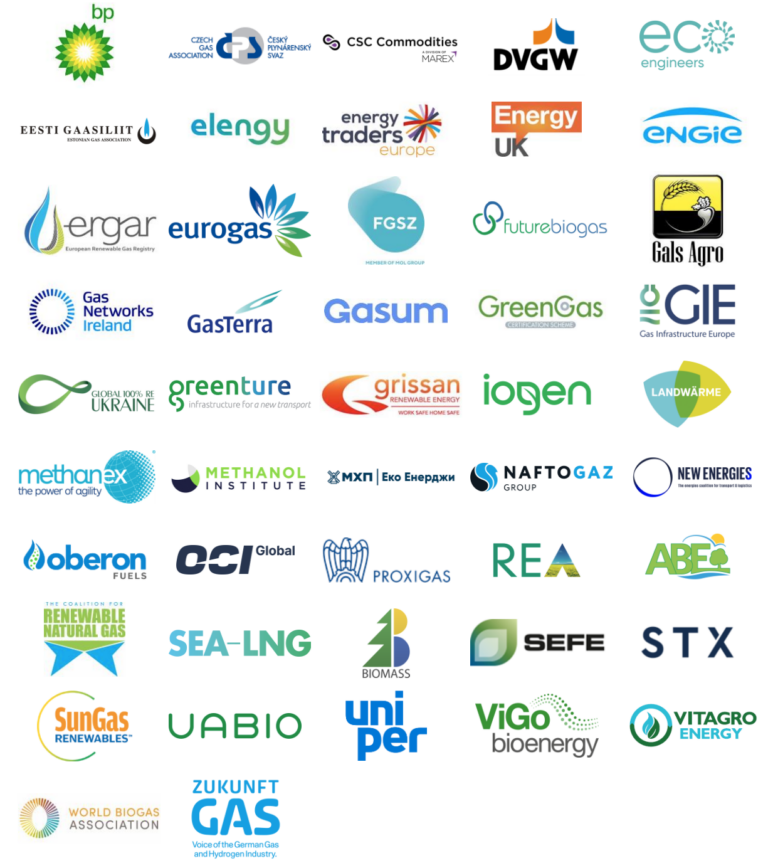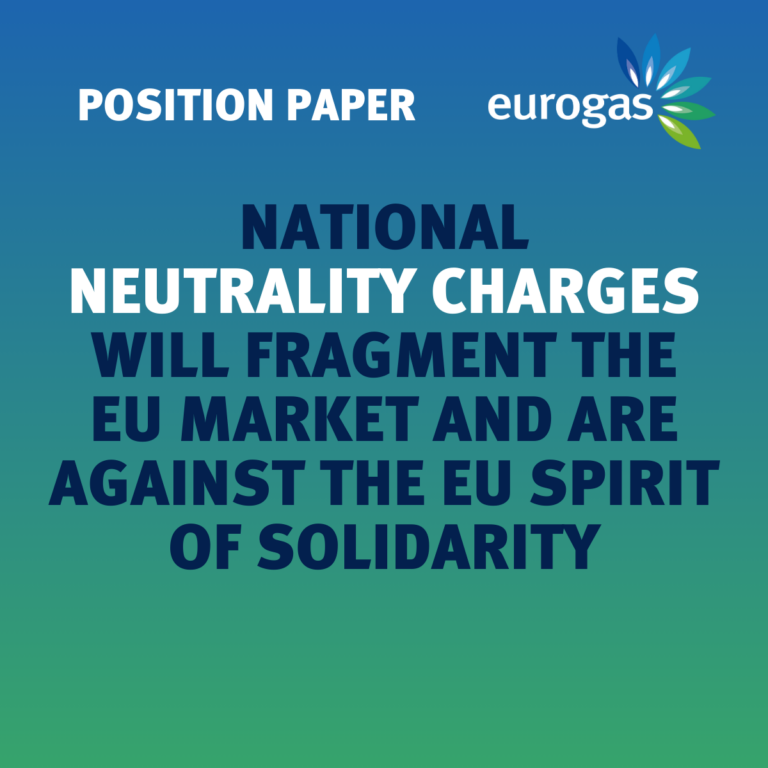Brussels, 17.05.22
Eurogas and GIE are firmly committed to ensure an efficient, effective, and just transition. We believe that a mix of gaseous energy and other heating solutions will be needed to ensure the successful and cost-effective decarbonisation of the building sector.
We welcome the European Union’s effort to boost the energy performance of buildings. It is a necessity in order to meet EU climate objectives. The invasion of Ukraine by Russia and the resulting uncertainties about future natural gas supply to Europe further increases the urgency to act. We support the renewable gas ambition introduced by REPowerEU and the recognition that the building sector can make a significant contribution to reduce the EU’s reliance on fossil fuel imports from Russia.
Key recommendations
• Make Zero Emission Buildings future proof: Enable ZEBs to meet minimum energy needs by being able to use renewable energy irrespective of the grid used, the market player involved or the distance to the renewable energy sources. Keep the costs as low as possible and ensure that existing gas infrastructure can be used to supply renewable energy.
• Ensure a balanced mix of modern technologies: Enable all modern and renewable-ready heating technologies to contribute.
• Promote energy system efficiency: Enable the combination of different heating technologies, including modern gas solutions, to improve energy system efficiency.
Buildings are a hard-to-abate sector and existing energy systems often not fit for the large-scale electrification of seasonal heat demand
Buildings is a hard-to-abate sector. This is linked to, among others, the up-front financial costs to renovate buildings and their heating systems, the heterogeneity of the heating sector, the diversity of national infrastructures, the still high number of inefficient appliances installed, and physical limits to the refurbishment of heating systems due to the lack of space in buildings and urban areas. Therefore, it is impossible to identify a ‘one-size-fits-all’ solution across the EU. Based on the respective circumstances and not at least consumer choice, a balanced mix of heating technologies and energy vectors is needed to reduce energy consumption of buildings as fast as possible and at the lowest possible cost. Relying exclusively on electrification as the primary tool to reduce reliance on fossil fuels and to decarbonise the building sector will not deliver the desired outcome.
While electric heat pumps will certainly need to be part of the solution, their massive and rapid roll-out is hampered by a set of variables, such as the necessity to reinforce the electricity grids, peak electric generation capacities and associated costs, the lack of sufficient manufacturing capacities, architectural barriers, the lack of skilled and certified workers able to install them and the high upfront investment costs for consumers.
In several European countries, energy demand in buildings tightens security of supply margins, especially during extreme peak demand as it usually entails an increase of consumption and infrastructure capacity needs. The complete transfer of this demand to the electric system would require substantial investments on electricity grids but also on back-up generation facilities. These investments will in many cases be inefficient as the capacities built will not be fully used most of the time. Such inefficient investments can be avoided by relying on renewable-ready gas solutions and the existing gas infrastructures, which are designed and can easily cope with seasonal heating demand. Hence, ZEBs should be allowed to meet minimum energy needs by relying on renewable gases from the gas grids on equal terms with district heating and local renewable electricity. The differentiation between renewable energy sources (local v. distant) and market players (renewable energy communities v. suppliers) shall be reconsidered.
Gas-based heating technologies, alone or in combination with other technologies, can rapidly lower energy demand in buildings and optimise energy system efficiency
To rapidly reduce energy demand for heating, the replacement of old and inefficient heating appliances with renewable-ready and cost-efficient alternatives should be an immediate priority. Today, around 61 million of the installed heating appliances in the EU are still energy inefficient (such as non-condensing gas boilers and oil-fired heaters) and they are replaced at a low 4% rate (EHI, Market Report 2021).
Gas condensing boilers, which remain the most sold heating technology in Europe, can save up to 20% of natural gas consumption in comparison to classic atmospheric gas boilers and are ready to run on renewable gases. Gas appliances also continue to evolve and innovate. Modern appliances, such as gas absorption heat pumps, can even achieve a primary energy efficiency of up to 140% and contribute to significant additional energy savings using gas.
The optimal combination and coupling of different heating technologies will be critical to improve energy system efficiency and keep overall costs as low as possible. Gas condensing boilers can be combined with solar heat or even with electric heat pumps, so called hybrid systems, contributing to overall system efficiency. Fuel cells and micro-cogeneration units running on renewable gas can produce renewable heat and renewable electricity. Modern gas technologies, including hybrids, are particularly adapted to staged renovation as they can be easily installed, reducing in this way the total gas consumption and enabling a fast, safe and affordable transition. The combination of different heating technologies and energy vectors favours smart grid managements, optimise renewable energy integration, reduce infrastructure reinforcement and thus reduce the overall energy costs to the benefits of all.
Download the pdf HERE

